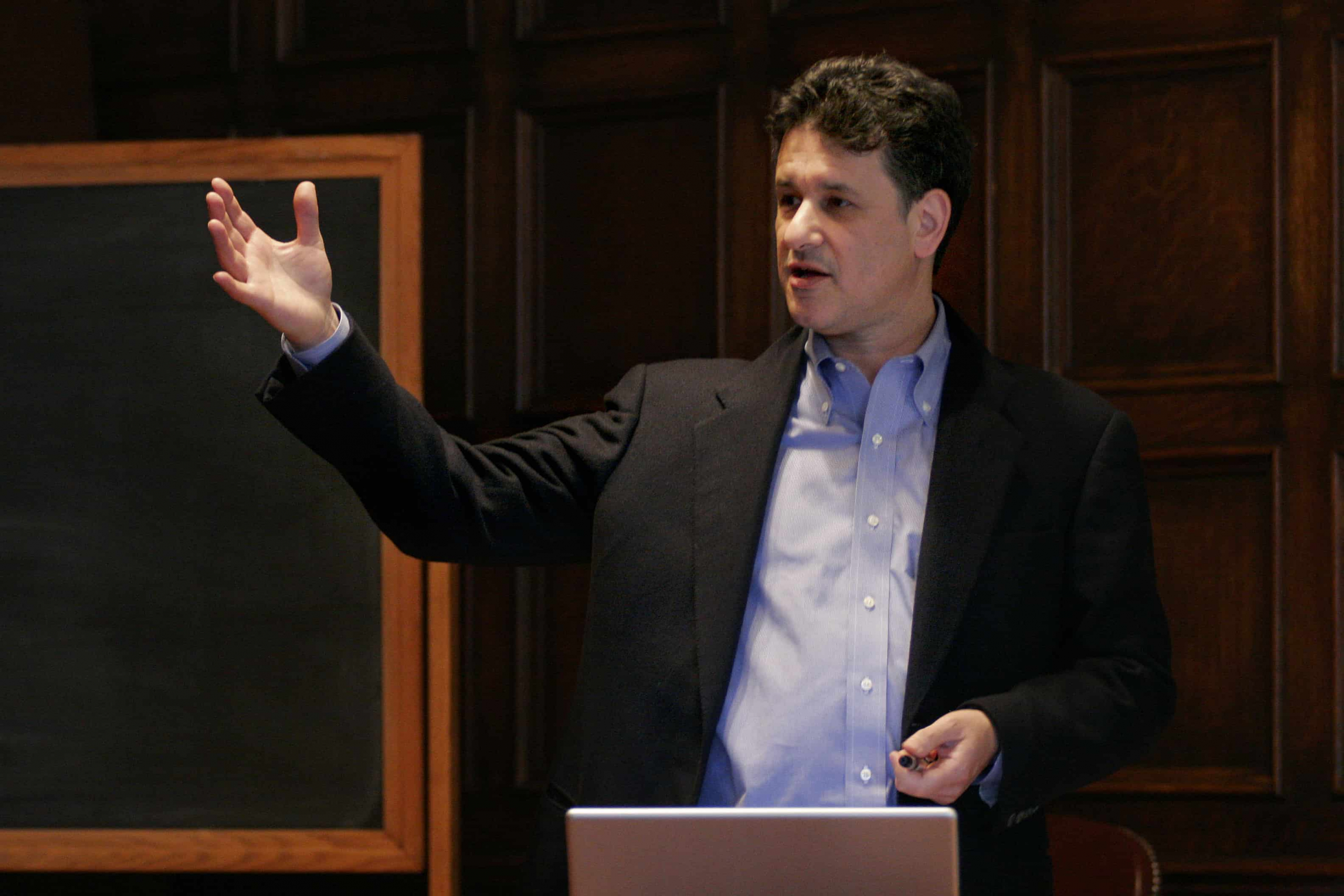As the first week of class gradually unfolds, with both first-year and returning students yearning for a mindful and successful year, students ought to ask themselves a particular question: how can we optimize the fluctuating mental states of our daily lives such that we not only maximize our productivity, but also clearly distinguish, if not re-establish, the lines between leisure and work? Surely, this question carries some weight in our era of instantaneous distraction. Fortunately, both neuroscience and psychology have quite a lot to offer in that respect.
Last month, Dr. Daniel Levitin, James McGill professor of psychology and behavioural neuroscience at McGill University, presented his latest book with an insightful talk at the Rotman School of Management — The Organized Mind: Thinking Straight in the Age of Information Overload. Today, one can argue that the organization of our mental spaces is almost fully subsumed under the complexity of our “technocentric” lives — think of, say, the typical scenario of a clogged email inbox, or of your smartphone’s incessant push notification system, or of the imminent tide of wearable technology.
The sensory world of experience is certainly not what it was a few decades ago. In search of mental clarity, students can certainly relate to this psychological angst. We all wish to be neatly organized in the management of our tasks; that is, we all strive to allocate just the right amount of time for our studies, leisure, work, family time, and what have you, but our lives are not typologies with ideal categories — tasks and commitments blend in and often try to conquer one another. Indeed, this is where our much prized phenomenon of multitasking reveals itself. However, isn’t multitasking, for the most part, a sort of partial detachment from each of the tasks that one is attempting to manage simultaneously? Can one retain intellectual clarity while multitasking?
In his talk, Levitin, drawing from some of the latest research in neuroscience and psychology, suggested that multitasking — or “sequential tasking” as he calls it — actually exhausts the brain. Even the seemingly trivial act of switching between tasks expends glucose in the brain. Multitasking and the “fractionated attention” it warrants, according to Levitin, are not always conducive to an organized mind.
Levitin reminded the audience of the quite startling link between multitasking and the release of cortisol, a steroid hormone released in response to stress. Perhaps, such insights about the neuroscience of multitasking highlight the notion that we could benefit more by immersing ourselves in a single task rather than trying to juggle several at once — a mode Dr. Levitin refers to as the “task positive network.” Consequently, an efficient and priority-based partitioning of multiple tasks would allow for more creative leisure — the so-called “daydreaming mode.” For instance, wandering around the city — much like the flâneurs of the nineteenth century — may be one way to engage in such creative introspection.
Finally, Levitin suggested that a major commonality among successful individuals is that they often enjoy organized minds. Pause for a moment and consider the quantity of information you deal with at a single point in time — studying, emailing, messaging, working, etc. — and compare that to the actual limits of your short term memory.
Omar Bitar is a fourth-year student at University College studying neuroscience, sociology, and biology.


